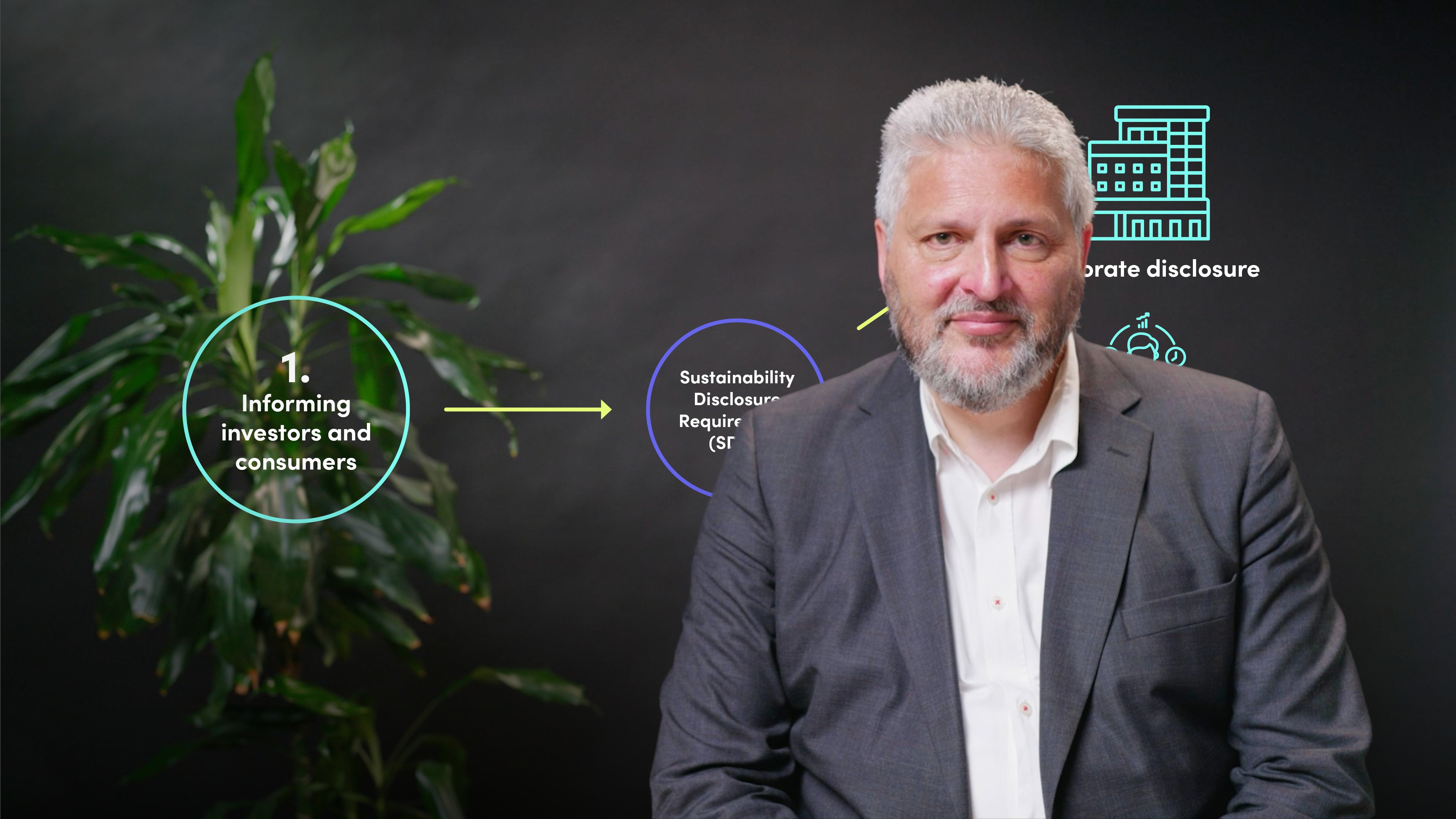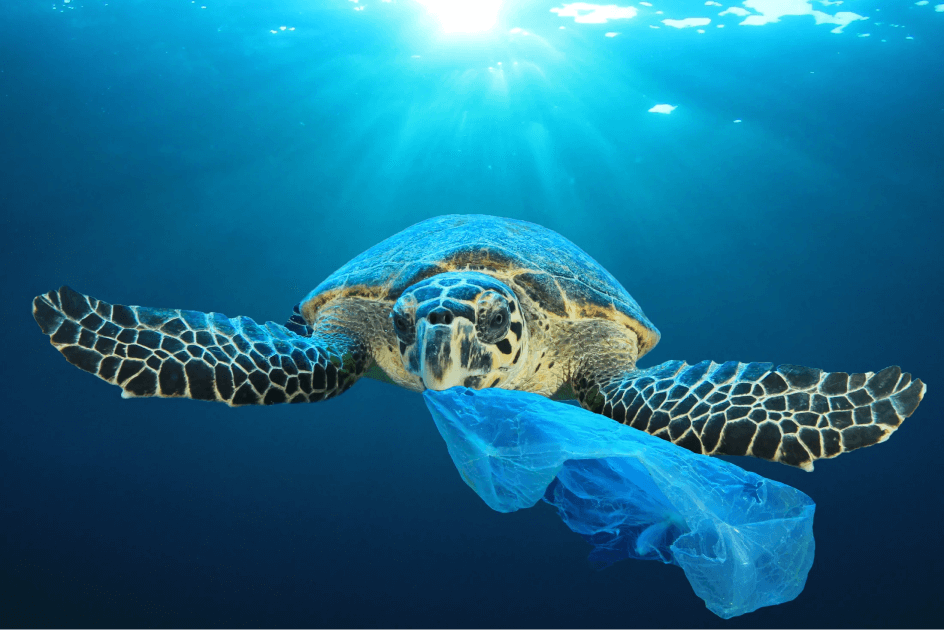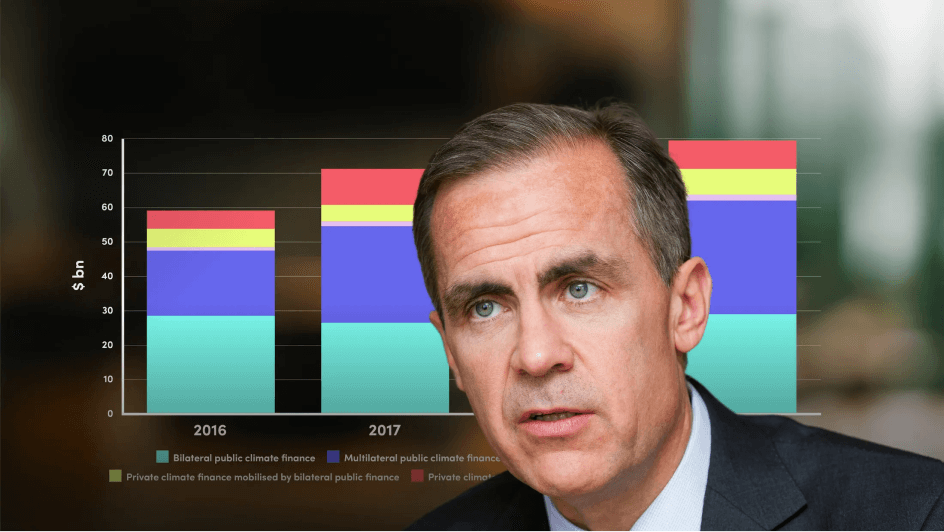
UK ESG Taxonomy

Keith Mullin
35 years: Capital markets editorial
The UK government has a green taxonomy roadmap with three phases, starting with disclosure and reporting requirements to inform investors and consumers. Join Keith as he explains in detail about the UK’s green taxonomy roadmap and the different phases of its implementation.
The UK government has a green taxonomy roadmap with three phases, starting with disclosure and reporting requirements to inform investors and consumers. Join Keith as he explains in detail about the UK’s green taxonomy roadmap and the different phases of its implementation.

UK ESG Taxonomy
8 mins 9 secs
Key learning objectives:
Understand the UK government's roadmap for implementing a Green Taxonomy and its alignment with the country's net zero commitments
Outline the three phases of implementation for the UK Green Taxonomy
Assess the mandatory disclosure and reporting requirements for companies and investment products
Overview:
The UK government has set out a roadmap for implementing a Green Taxonomy, which will align with the country's net zero commitments and mobilise capital towards sustainable activities. The taxonomy is based on the EU blueprint but adapted to the UK economy and will be implemented in three phases: addressing the information gap, creating expectations and requirements for sustainable decision-making, and mobilising financial flows towards net zero targets. The roadmap also includes mandatory disclosure and reporting requirements for companies and investment products to report on their environmental impacts and sustainability considerations.
What is the UK government’s roadmap for implementing a Green Taxonomy?
The UK government's roadmap for implementing a Green Taxonomy, as outlined in the document "Greening Finance: a Roadmap to Sustainable Investing" published in October 2021, details the plan for adapting the EU blueprint to suit the UK economy and contribute to greening the UK financial system by mobilising capital towards financing climate transition. The roadmap also includes the implementation of mandatory TCFD-aligned disclosure requirements
What will be included in the UK Taxonomy?
The aim of the UK Taxonomy is to create clarity, consistency, and comparability for investors, to bring about a better understanding of companies’ environmental impacts, and provide a reference point for companies.
It is based on the EU taxonomy and will follow three core principles: an objective and science-based approach to assessing sustainability, usefulness to investors without placing a disproportionate burden on companies, and suitability for the UK market and consistency with UK government policy.
The taxonomy is focused on six environmental objectives: climate change mitigation, climate change adaptation, sustainable use and protection of water and marine resources, transition to a circular economy, pollution prevention and control, and protection or restoration of biodiversity and ecosystems. Each of these objectives will be subject to Technical Screening Criteria that will be written for every economic activity included in the taxonomy.
The UK Taxonomy will also include Enabling Activities, which are activities that support transition by enabling substantial contributions to environmental objectives in other sectors but which are not yet sustainable themselves.
How is the UK Taxonomy being implemented?
The UK Taxonomy is being implemented through a three-phase process:
Phase One: Addresses the information gap and ensures that information about sustainability flows smoothly from companies to financial market participants.
Phase Two: Involves acting on that information, creating the expectations and requirements for sustainability to become a core element of business and financial decision-making.
Phase Three: Focuses on mobilising financial flows to push the UK towards meeting its net zero commitments.
In Phase One, disclosure and reporting requirements will be introduced, such as Sustainability Disclosure Requirements (SDRs) based on international standards. Companies will be required to report on their environmental impacts using the UK Green Taxonomy and investment funds and products will have to disclose the sustainability of the assets they invest in.

Keith Mullin
There are no available Videos from "Keith Mullin"





















